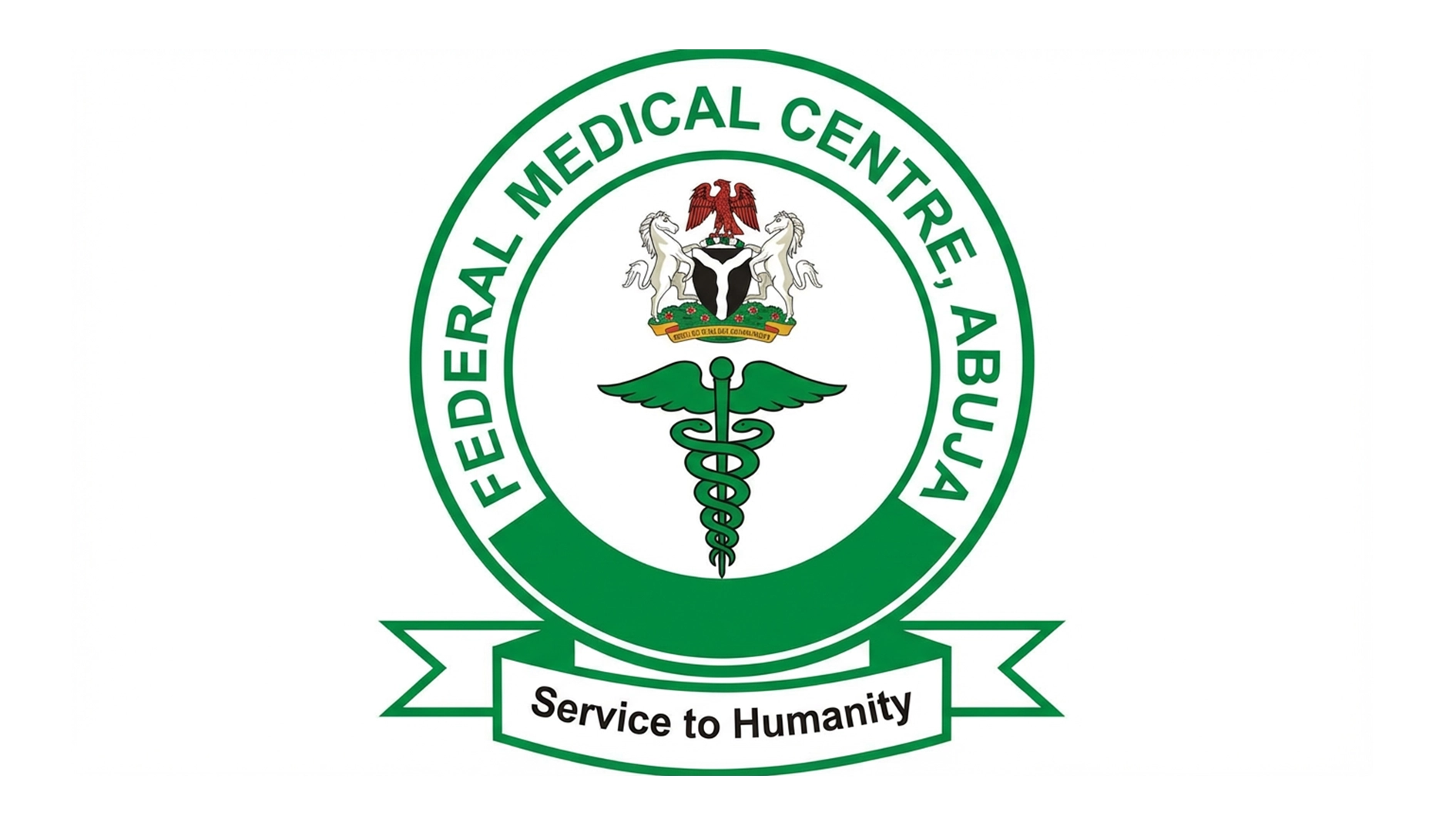 The status of ear and hearing care report launched by the World Health Organisation (WHO) African region has shown that Africa spends $27 billion yearly on hearing loss.
The status of ear and hearing care report launched by the World Health Organisation (WHO) African region has shown that Africa spends $27 billion yearly on hearing loss.
The report launched during the African Summit on Hearing Impairment in Nairobi, Kenya predicted that the number of people living with hearing loss in the region could rise from 40 million to about 54 million by 2030 unless urgent measures are taken to address the problem.
WHO warned that without urgent interventions, widespread hearing loss, which disproportionately affects poor and vulnerable populations, will continue to escalate, amplifying existing inequalities in health services access across Africa.
The report noted that the far-reaching consequences of hearing loss include delays in language development, which in turn raises the risk of poor educational outcomes and limited future career prospects; while adults with untreated hearing loss often face isolation, loneliness and an increased risk for depression and dementia.
The report also identified multiple factors driving the surge in the prevalence of hearing loss in the African region, which included an acute shortage of Ear and Hearing Care (EHC) specialists, as well as the mal-distribution of available workforce to the advantage of urban areas.
Other identified factors are the unavailability of Ear, Nose and Throat (ENT) specialists in the region with more than half of African countries having only a single ENT specialist for every million people which is 49 fewer ENT specialists when compared to the European region.
Although 33 million Africans could benefit from a hearing aid, only about 10 per cent have access and this is largely due to a lack of EHC financing, and consequently high costs.
Even though the common causes of hearing loss are mostly preventable through simple public health interventions or measures to mitigate the risk factors, up to 75 per cent of hearing loss amongst children living in low- and middle-income countries are due to preventable causes such as infections and common ear diseases, as well as birth complications; yet, the WHO analysis found that most countries do not routinely conduct hearing screening of newborns.
While the report showed that 35 per cent of countries do not have a budget allocated to EHC activities and patients have to bear the entire cost of any related treatment and care, it recommended that countries leverage the report to galvanise action at the highest level, including advocating for policies focused on EHC and related activities.
It also advised that EHC should urgently be integrated into existing programmes to optimise the use of scarce resources and exploration of public-private partnerships by governments towards strengthening EHC services.
MEANWHILE, despite important progress towards integrating eye health into primary health care services in African countries, WHO has reported an increase in emerging eye health challenges due to ageing populations, unhealthy lifestyles, and non-communicable diseases.
Although the region is recording a decrease in vision loss due to Vitamin A deficiency, onchocerciasis and trachoma, it reported that a dire shortage of financial resources, combined with the concentration of scarce human resources in urban areas and low community awareness, continues to threaten the gains says the report.
It also reported that along with 26 million people grappling with some degree of visual impairment, one in every six blind people globally lives in Africa; yet WHO reports that only 14 per cent of those who need cataract surgery receive it, while more than 80 per cent of people with shortsightedness receive no treatment.
WHO Regional Director for Africa, Dr Matshidiso Moeti, highlighted the importance of eye care and the multiple positive impacts of good vision on all aspects of life including overall well-being to academic achievements.
She explained that the organisation’s current focus in the African region is to support countries in the integration of eye health services at the primary care level, as part of universal health coverage.
Over the past two years according to the report, WHO has provided technical support to six African countries, including Nigeria, with a complete national situational analysis, followed by the development of strategic plans and monitoring frameworks, as well as the integration of eye care indicators into existing health information systems frameworks.
To support countries toward achieving 40 per cent of the global target of increasing the number of people with access to appropriate spectacles by 2030, WHO launched the SPECS 2030 initiative.






